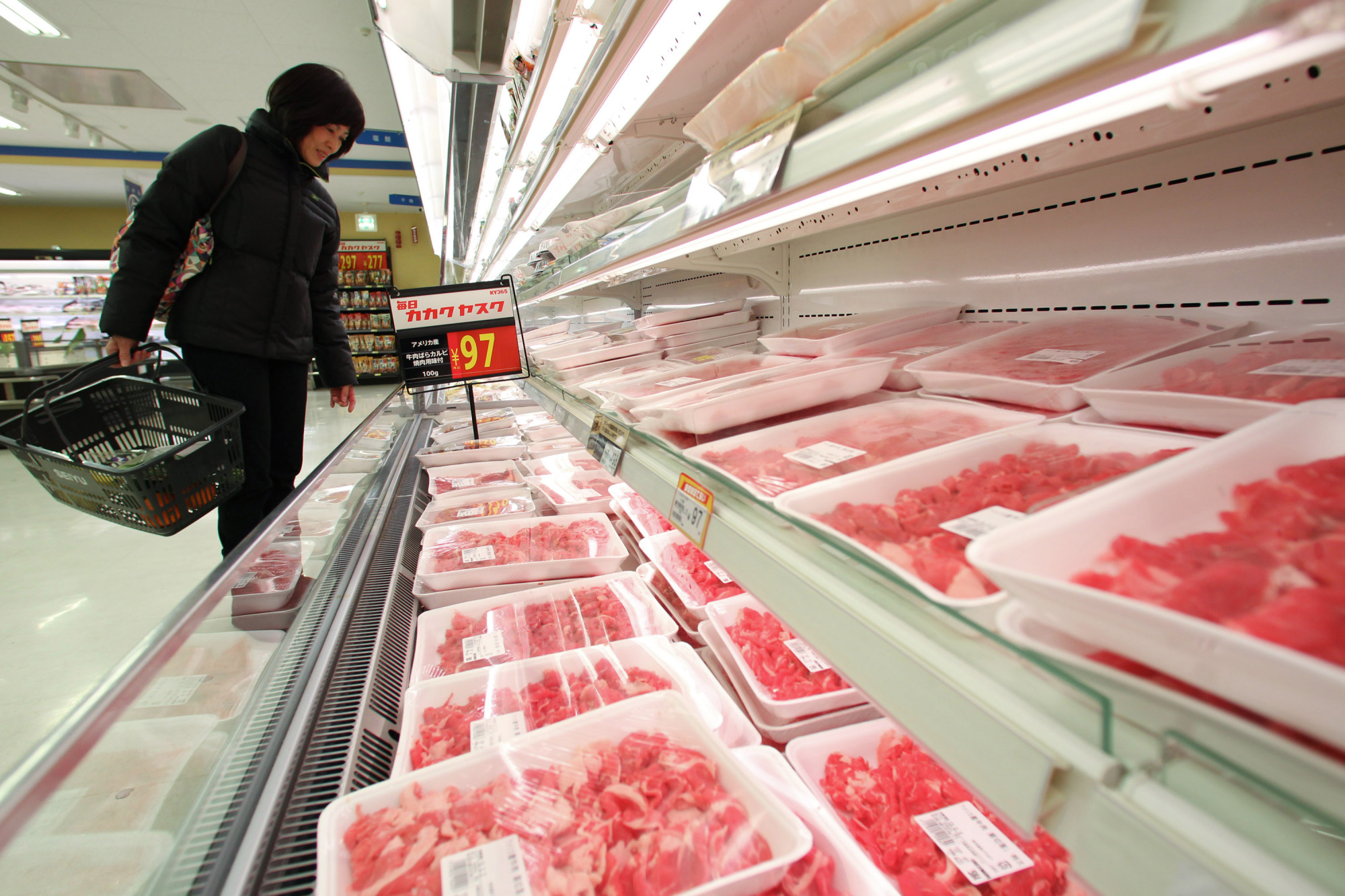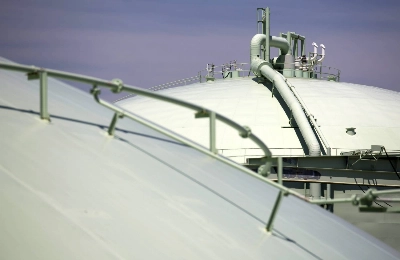In the bilateral trade negotiations between the United States and Japan, which is nearing its anticipated conclusion and announcement in New York this week, the U.S. seems to have achieved its two key objectives: 1) lower Japanese tariffs on U.S. beef to a parity with members of the Comprehensive and Progressive Agreement for Trans-Pacific Partnership (CPTPP); 2) exclude any automobile sector issues from the negotiations.
U.S. President Donald Trump made good on his campaign pledge to pull the country out of the Trans-Pacific Partnership agreement in 2017 without sending the agreement made by the Obama administration to Congress for ratification. Under the TPP, the U.S. agreed to remove its 2.5 percent tariff on automobile imports — something Japan had eagerly sought.
In a complex multilateral exchange of concessions, Japan agreed to lower its tariffs and increase import quotas on agricultural products, including beef. After the U.S. withdrew from the TPP, Japan quickly worked to salvage the multilateral concessions by all other parties under the CPTPP.

















With your current subscription plan you can comment on stories. However, before writing your first comment, please create a display name in the Profile section of your subscriber account page.